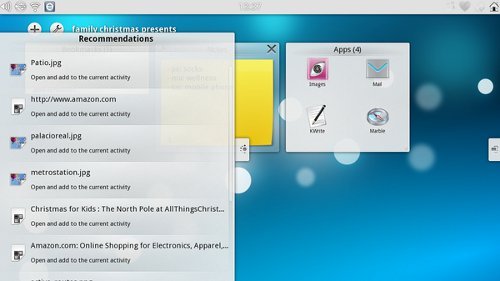 At the end of last week, both houses of the New Hampshire legislature passed HB418 (2012). This bill is “relative to the use of open source software and open data formats by state agencies and relative to the adoption of a statewide information policy regarding open government data standards.”
At the end of last week, both houses of the New Hampshire legislature passed HB418 (2012). This bill is “relative to the use of open source software and open data formats by state agencies and relative to the adoption of a statewide information policy regarding open government data standards.”
That means that New Hampshire has adopted legislation covering all three aspects of the open agenda for ICT.
By itself, the preamble of the Bill makes interesting reading, so we’re reproducing part of it below:
1 Statement of Purpose and Findings.
I. The general court finds that:
(a) The cost of obtaining software for the state’s computer systems has become a significant expense to the state;
(b) The personnel costs of maintaining the software on the state’s computers has also become a significant expense to the state;
(c) It is necessary for the functioning of the state that computer data owned by the state be permanently available to the state throughout its useful life;
(d) To guarantee the succession and permanence of public data, it is necessary that the state’s accessibility to that data be independent of the goodwill of the state’s computer system suppliers and the conditions imposed by these suppliers;
(e) It is in the public interest to ensure interoperability of computer systems through the use of software and products that promote open, platform-neutral standards;
(f) It is also in the public interest that the state be free, to the greatest extent possible, of conditions imposed by parties outside the state’s control on how, and for how long, the state may use the software it has acquired; and
(g) It is not in the public interest and it is a violation of the fundamental right to privacy for the state to use software that, in addition to its stated function, also transmits data to, or allows control and modification of its systems by, parties outside of the state’s control.
II. The general court further finds that:
(a) The acquisition and widespread deployment of open source software can significantly reduce the state’s costs of obtaining and maintaining software;
(b) Open source software guarantees that its encoding of data is not tied to a single provider;
(c) Open source software enables interoperability through adherence to open, platform-neutral standards;
(d) Open source software contains no restrictions on how, or for how long, it may be used; and
(e) Since open source software fully discloses its internal operations, it can be audited, at any time and by anyone of the state’s choosing, for internal functions that are contrary to the public’s interests and rights.
III. Therefore, it is in the public interest that the state of New Hampshire consider using open source software in its public computing functions.
There are some interesting points in the preamble which the UK public sector ought to bear in mind, particularly those related to neutrality, vendor lock-in and the public interest. Instead of yet more prevarication and policy reviews, when are the UK government and going to grasp the nettle like their New Hampshire counterparts?
Hat tip: Rich Higgs

 Earlier this week, the chief scribe received a cunning invitation by email to attend the Annual Conference and AGM of
Earlier this week, the chief scribe received a cunning invitation by email to attend the Annual Conference and AGM of  The Bristol Branch of the BCS is holding a comprehensive series of talks during March on
The Bristol Branch of the BCS is holding a comprehensive series of talks during March on 
 12 miles down the road from Bristol, the first ever Bath Digital Festival is taking place at various venues around the city next month from 15th to 25th.
12 miles down the road from Bristol, the first ever Bath Digital Festival is taking place at various venues around the city next month from 15th to 25th.
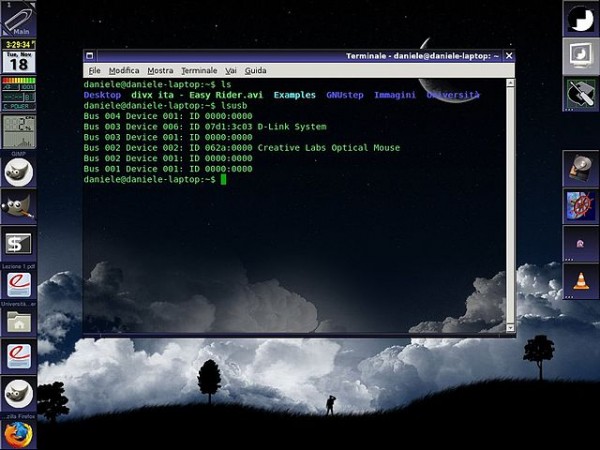

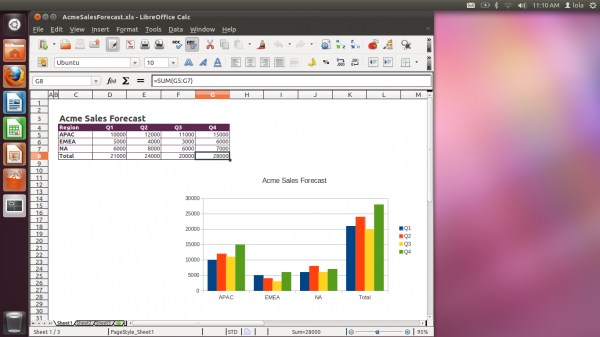
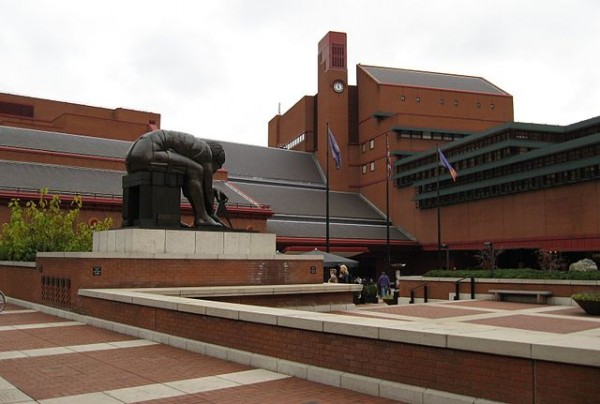
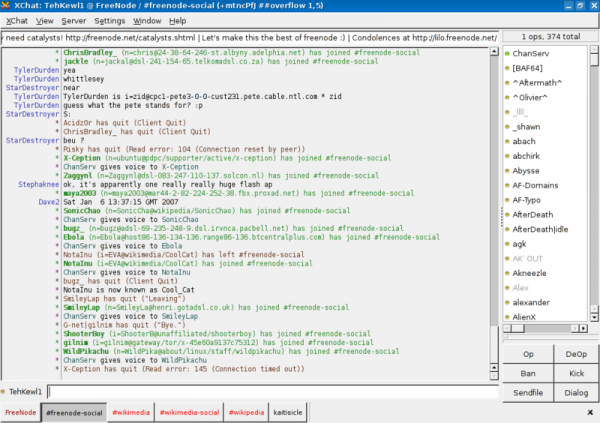
 At the end of last week,
At the end of last week, 